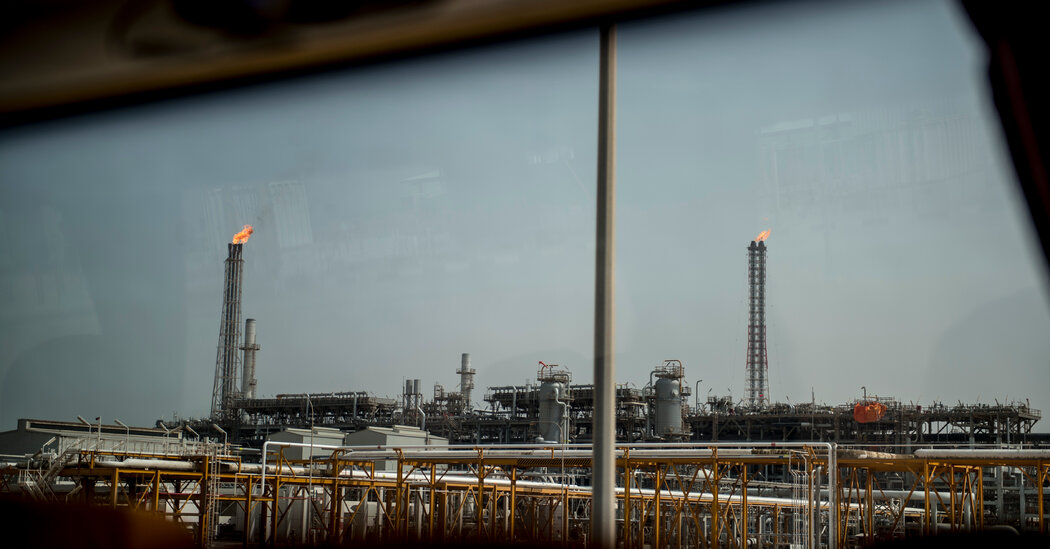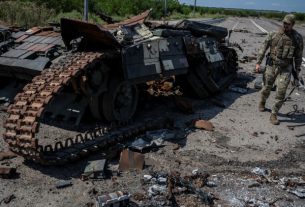|
Getting your Trinity Audio player ready...
|
“The Qataris are not going to let a big European energy crisis go to waste,” said Jim Krane, an energy expert at Rice University. “They’re locking in a new long-term contract in Germany with desperation still hanging in the air.”
Qatar will supply two million tons of gas a year, giving Germany a measure of energy security. Even still, the Qatari gas represents a small fraction of what Russia has supplied to Germany and will not start arriving until 2026. Germany is also courting other producers, including the United Arab Emirates.
In addition to that deal, Qatar recently signed a contract to supply natural gas to China for 27 years — the longest such contract ever recorded. That contract, for about four million tons of gas a year, will guarantee Qatar a market for much of the additional gas it expects to produce once it finishes its new terminals.
Qatar already provides China with one-quarter of its gas. Along with several other smaller deals, the new contract will allow China to reduce its dependence on Russia notably.
Saad Sherida al-Kaabi, Qatar’s energy minister and Qatar Energy’s chief executive, said in a statement that the deal “opens a new and exciting chapter” with Sinopec, the state-owned Chinese company that will buy the Qatari gas.
The emerging partnership with China also comes with some geopolitical benefits. It gives Qatar more protection from a potentially hostile Iran, with which Qatar shares one of the largest gas fields in the world. Qatar has long relied on a U.S. military base near Doha as a bulwark. But as some lawmakers in the United States grow wary of foreign entanglements, experts say Qatar is looking for an additional buffer against Iran, which counts on China as an important energy customer and geopolitical partner.
Throughout its history, Qatar has sought protection from foreign powers and, at various times, come under the sway of Portugal, the Ottoman Empire and Britain. Its gas wealth has given it more independence and security but larger neighbors still pose threats.
“Qatar’s pre-eminent interest is security,” said Alex Munton, a global gas and liquefied natural gas expert at Rapidan Energy Group, a consulting firm. “Qatar is acutely aware of its vulnerabilities and its gas resource is a route to enhancing its security.”



